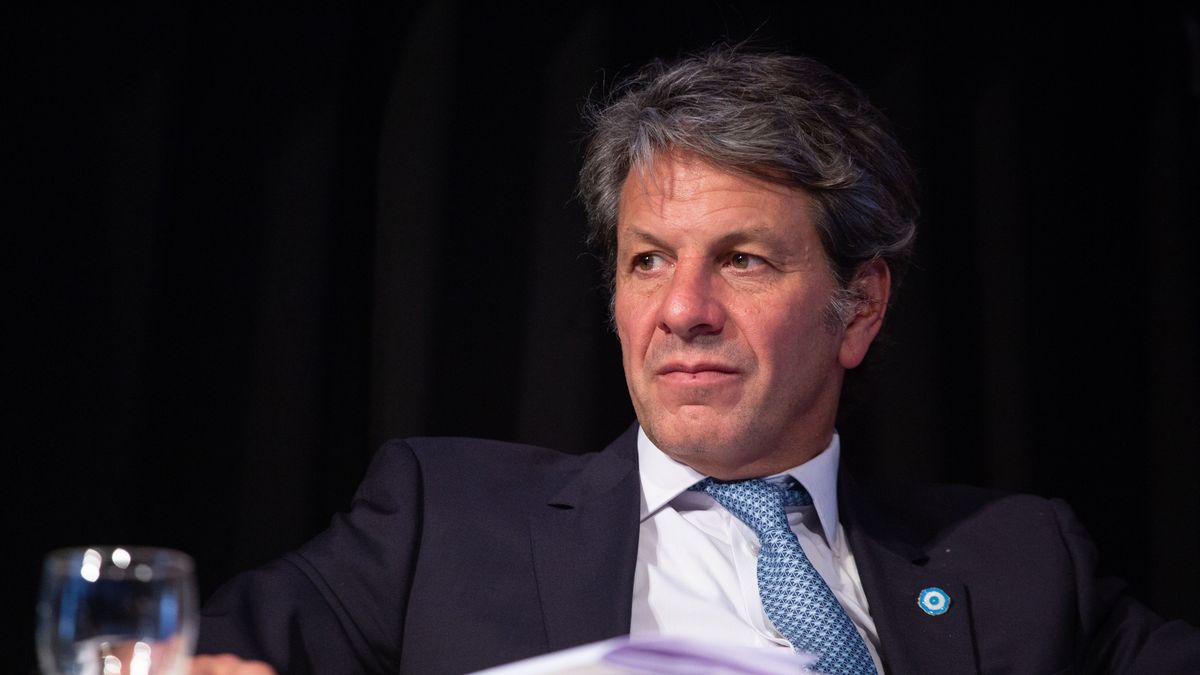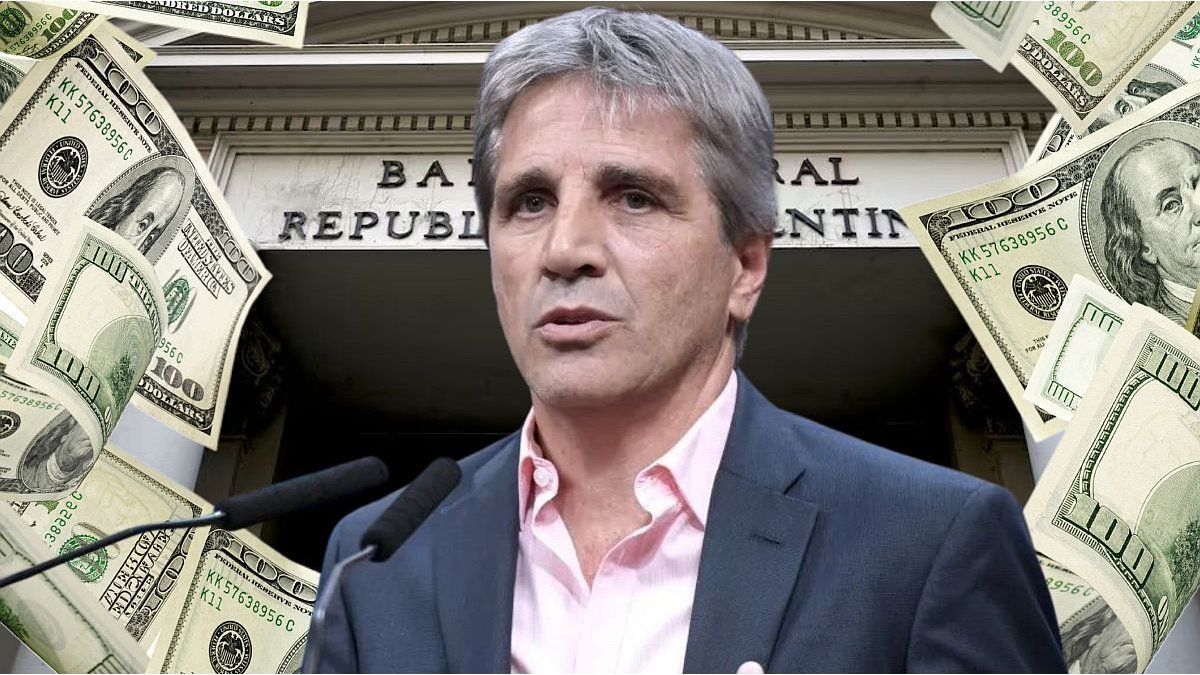Strictly speaking, Both the data held by the banks and those held by the brand new ARCA are covered by laws that establish an obligation of secrecy. and for this reason, the provincial treasuries are not in a position to request information from the banks.
Starting on November 9, the second stage of the program will begin which includes only registrable assets and accounts abroad. In those cases, the data will be in the hands of ARCA.
The lawyer specialized in fiscal and tax issues Diego Fraga explained that in his opinion “The Government cannot delete data.” It is because they belong to the Government. That way, he couldn’t do it without committing a crime. But clarify that “There is a regulation at the national level, which is the Law of Financial Entities, which establishes banking secrecy.” “For the AFIP it practically does not exist but for local treasuries it does apply, unless a series of requirements are met,” he noted.
Strictly speaking, some provinces are enacting their own money laundering laws and from them They are creating special taxes. Among them are Santa Fe, Neuquén and Salta.
End of the first stage of laundering
According to data from Almost 105,000 taxpayers entered ARCA and deposited more than US$19,000 million. This Friday the first stage will close and after it only registrable assets such as properties or accounts abroad can be declared. The provinces will go on those assets.
Neuquén was the first to introduce a tax at the time of joining the tool promoted by the administration of Javier Mileiwithin the framework of the sanction, by the legislature, of law 3450 that generated the figure of the Provincial Asset Regularization Regime.
The rule establishes that taxpayers who adhere to national money laundering must also do so with the provincial namesake and will have to pay a special tax in exchange for being exempt from paying Gross Income.
The provincial tax scheme is similar to the scale established at the national level, as it will vary depending on the time of accession, taxed only when the externalization exceeds US$100,000, with a progressive rate of 0.75% to 1.25%.
In this way, the charge will be 0.75% on the surplus of US$100,000 for those who submit the sworn declaration until November 30, 1% on the surplus of US$100,000 for those who adhere up to on January 31, 2025 and 1.25% of the surplus of US$100,000 for those who launder until April 30, 2025. 2025.
In the case of Salta, the legislative chambers sanctioned law 8461 that establishes the Exceptional and Transitory Regime of Tax Relief Measures, in which adherence to the regularization of assets and A special tax was imposed on it.
In this regard, article 16 of the provincial regulation establishes “a Special Regularization Tax equivalent to 10% of the national tax that must be paid in the terms of Chapter IV of Title II of National Law 27,743. which should not be included in the special cases of exclusion from payment of the national tax provided for in Chapter V of Title 1 of the aforementioned Law.”
For his part, The government of Santa Fe announced that it will charge a 2% rate to those who launder more than US$100 thousand, with the objective of generating funds to be invested in tax benefits for those who did comply with the payment of taxes. Likewise, the province will have its own money laundering law.
Source: Ambito
David William is a talented author who has made a name for himself in the world of writing. He is a professional author who writes on a wide range of topics, from general interest to opinion news. David is currently working as a writer at 24 hours worlds where he brings his unique perspective and in-depth research to his articles, making them both informative and engaging.




